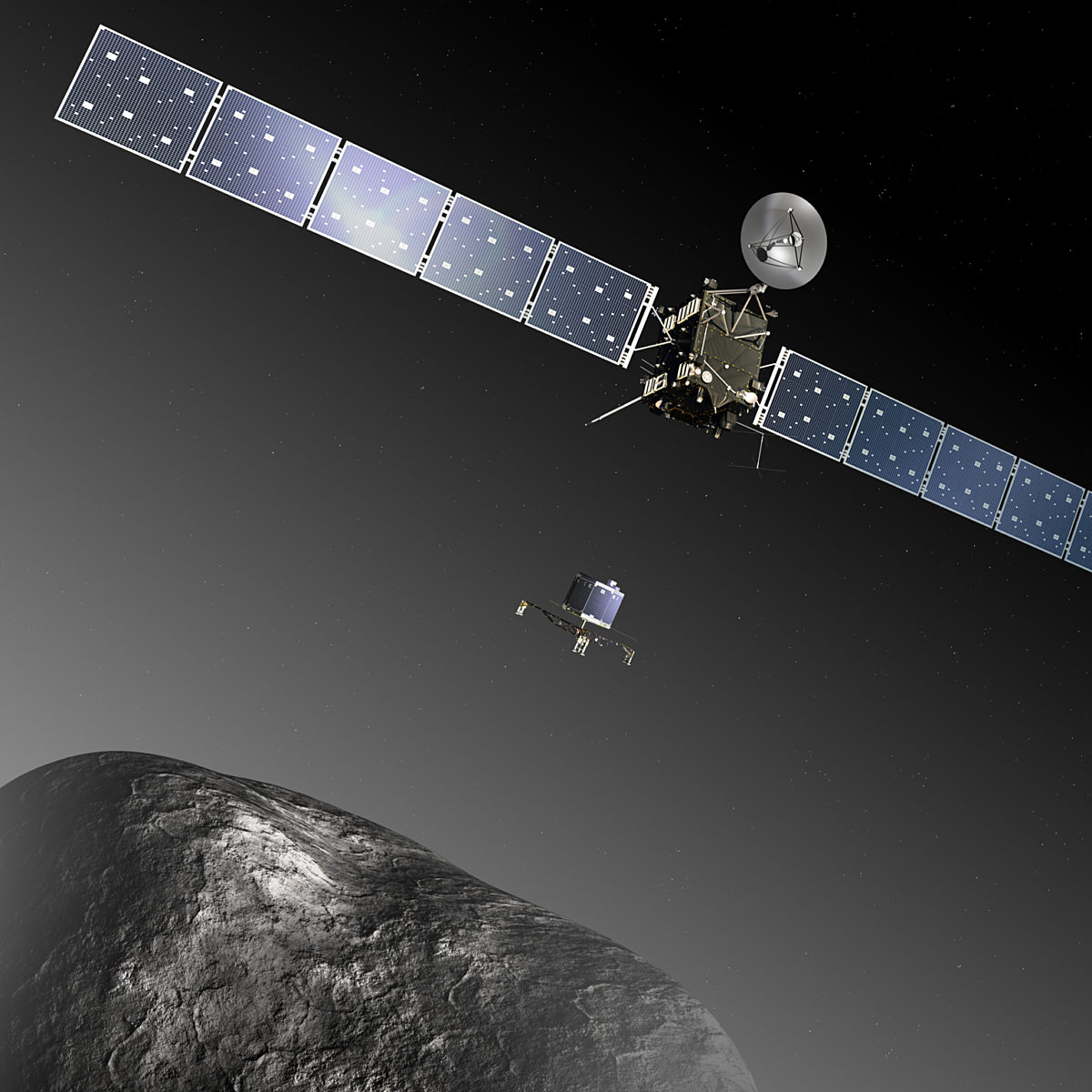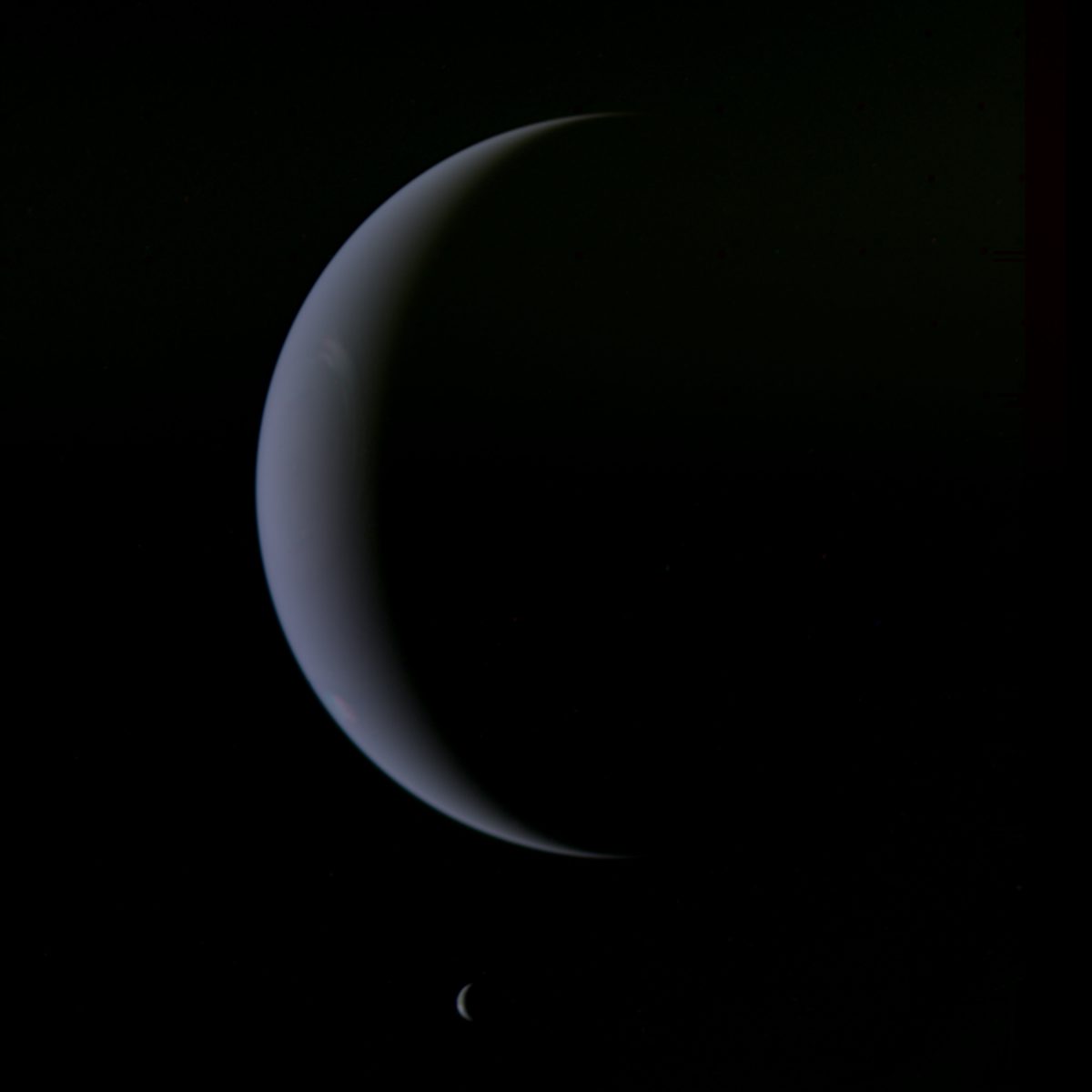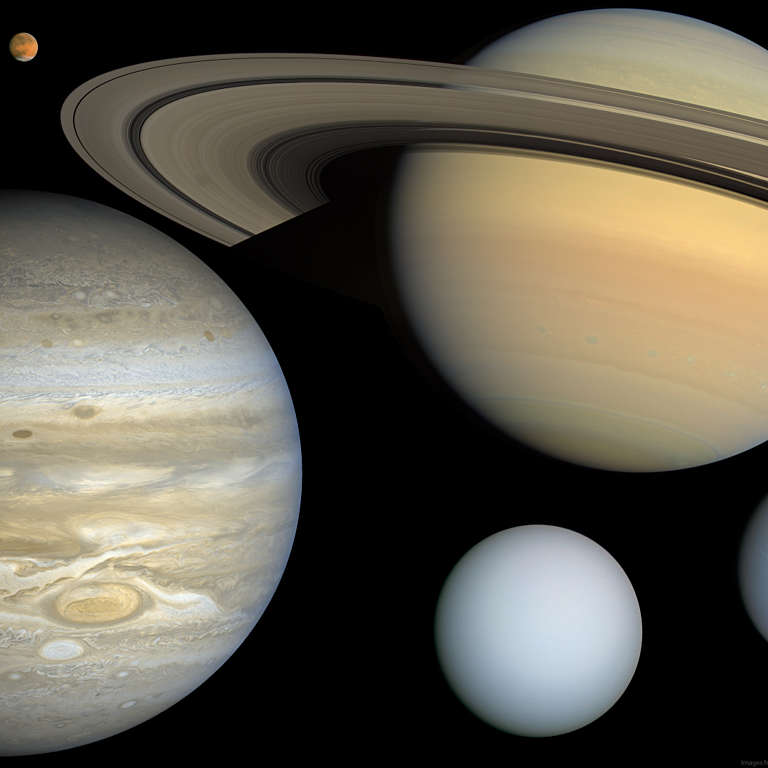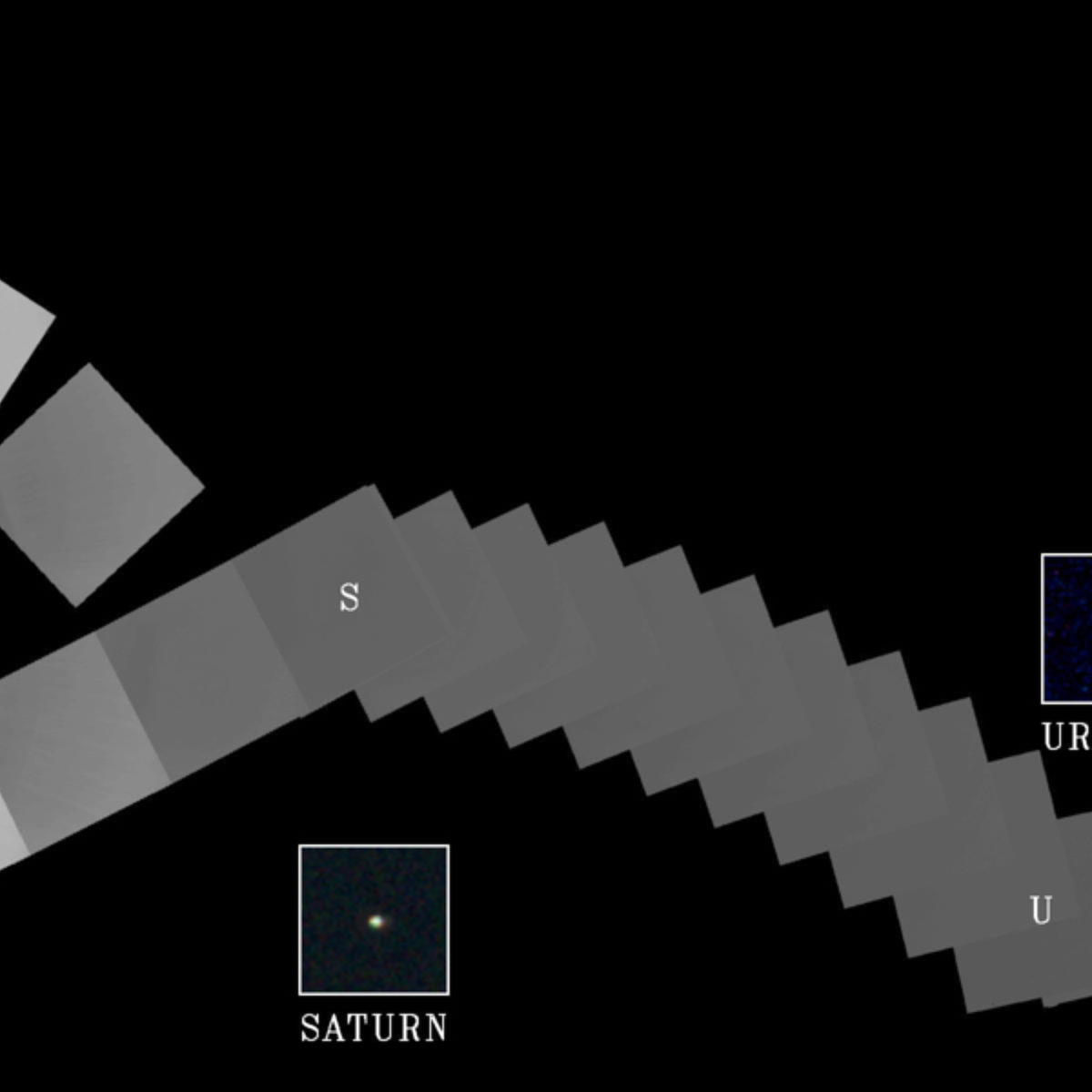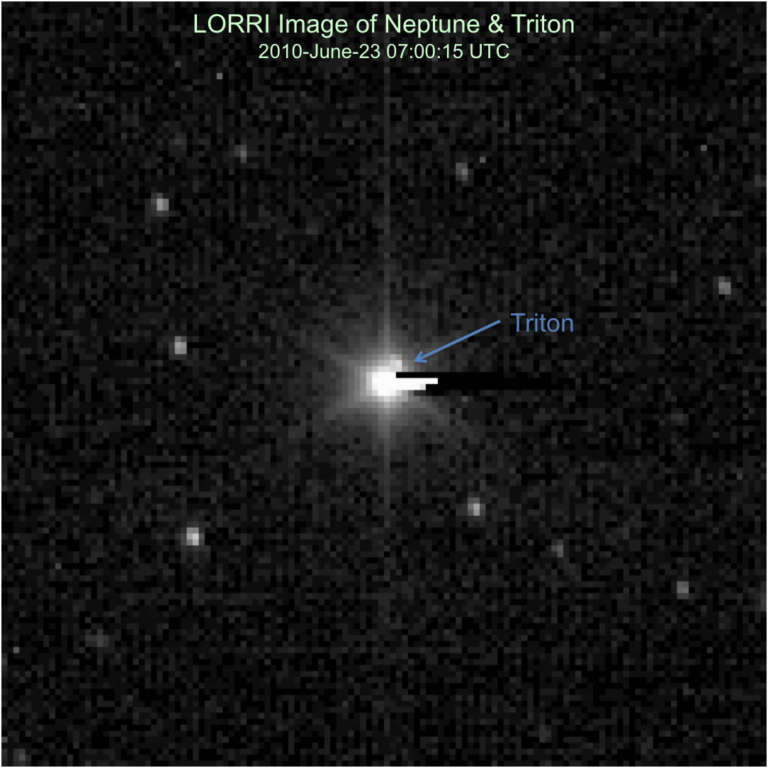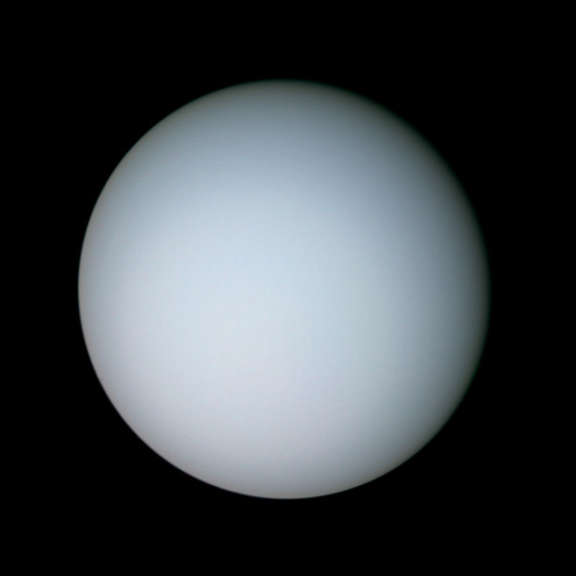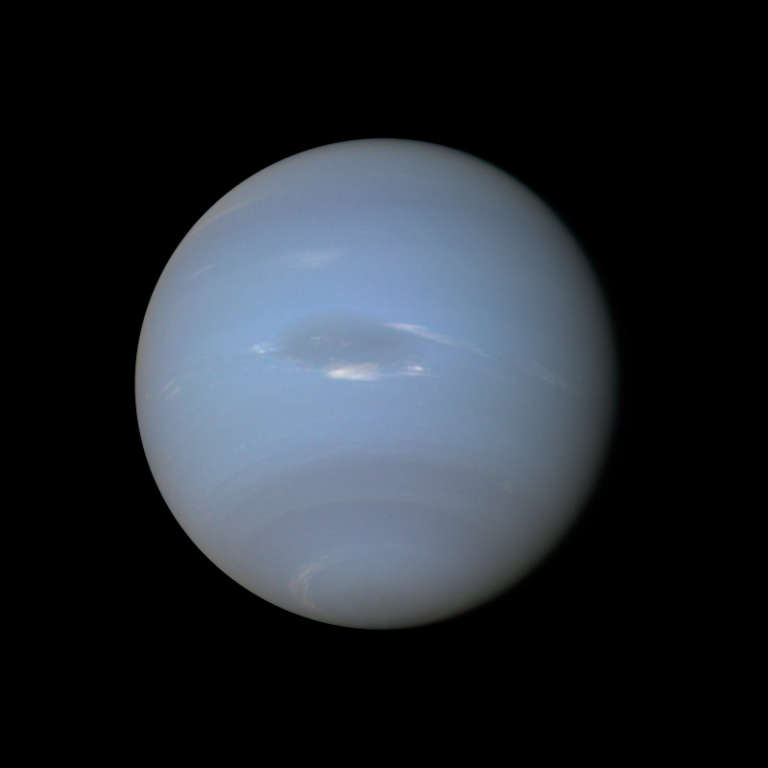All
All
Stories, updates, insights, and original analysis from The Planetary Society.
Gravity assist
With the recent announcement by NASA that the 36 year-old spacecraft Voyager 1 has officially entered interstellar space at a distance from the sun about four times further than Neptune's orbit, and with Voyager 2 not far behind, it seems worthwhile to explore how humans managed to fling objects so far into space.
Europe Will Select Its Next Major Science Mission in November
The European Space Agency will announce two major science missions this November, one of which is likely to be devoted to solar system exploration.
Lesser-known views of Uranus and Neptune
Despite the fact that Voyager 2 returned relatively few high-resolution images from either Uranus or Neptune, there are many more photos in the archives than regularly make it to public view.
Planetary Society Weekly Hangout: The Ice Giants, with Heidi Hammel
My guest this was Planetary Society Board vice president Heidi Hammel. We discussed two planets near and dear to our hearts, Neptune and Uranus. What's new on these icy worlds since Voyager 2 passed by, and what are the prospects for their future exploration?
Pretty picture: Neptune and Triton
On a lonely evening, what is one to do but to dip into archival space image data and surface with a gorgeous photo of a crescent Neptune and Triton?
Citizen "Ice Hunters" help find a Neptune Trojan target for New Horizons
2011 HM102 is an L5 Neptune Trojan, trailing Neptune by approximately 60 degrees. This object was discovered in the search for a New Horizons post-Pluto encounter object in the Kuiper Belt.
Scale solar system presentation slide, a provisional version for you to review
I'm preparing a talk for the Pacific Astronomy and Telescope Show here in Pasadena on Sunday afternoon at 1:45. I have spent the morning putting together a slide that I have long wanted to have for presentations.
Summer Sights of the Solar System
What can you expect to see if you look at the night sky this summer (2011)?
The scale of our solar system
Space.com has taken advantage of the infinitely scrollable nature of Web pages to produce a really cool infographic on the scales of orbital distances in the solar system.
A Planetary Society Trifecta
A Planetary Society trifecta -- that's what Neil Tyson calls this episode of his StarTalk radio show broadcast this week. His guests include the Society's Vice President, Heidi Hammel, and its Executive Director, Bill Nye, (along with the Society's friend, Steve Squyres, Principal Investigator for the Mars Exploration Rovers).
The Solar System from the Inside Out - and the Outside In
Space probes grant us perspective, the ability to see our place within the vastness of the solar system. But opportunities to see all of the solar system's planets in one observation are rare. In fact, there's only been one opportunity on one mission to see the whole solar system at once, until now.
Final set of Voyager Mission Status Bulletins: The Voyager 2 Neptune flyby and beyond
I'm surprised no one's emailed me demanding the last batch of Voyager mission status bulletins! Well, here they are.
Neptune from two slightly different perspectives
Coincidentally, two new images of Neptune were posted today, from two very different sources.
2008 LC15, the first Trojan asteroid discovered in Neptune's L5 point
Congratulations to Scott Sheppard and Chad Trujillo for identifying the first known L5 Trojan asteroid of Neptune!
Hubble turns 20
Tomorrow is the 20th anniversary of the launch of the Hubble Space Telescope. It's hard to believe it's been going strong for so many years.
Planetary Society Advent Calendar for December 31: Uranus
Did you think I was going to skip Uranus? How could I?
Planetary Society Advent Calendar for December 18: Neptune
Here's Neptune, but not quite like you've ever seen it before.
Planetary Radio Q and A: Not-so-gassy giants
On Planetary Radio's
LPSC: Thursday: Rovers, Titan, Mars, Venus Express, Neptune
I spent a large portion of the day at the Lunar and Planetary Institute's library and presented my own poster during the poster sessions, so my coverage of Thursday's sessions is limited.
Voyager's Last View
Home. Family. This will be Voyager's enduring legacy: It has changed forever the feelings raised by those words. Through its robotic eyes we have learned to see the solar system as our home. Through its portraits of the planets we know that they are part of our family. Apollo astronauts showed us a tiny Earth alone in the blackness of space. Now, with these images, Voyager has shown us that Earth is not really alone. Around our parent Sun orbit sibling worlds, companions as we travel through the Galaxy.


 Explore Worlds
Explore Worlds Find Life
Find Life Defend Earth
Defend Earth


 Sun
Sun Mercury
Mercury Venus
Venus Earth
Earth Mars
Mars Jupiter
Jupiter Saturn
Saturn Uranus
Uranus Neptune
Neptune Small Bodies
Small Bodies
